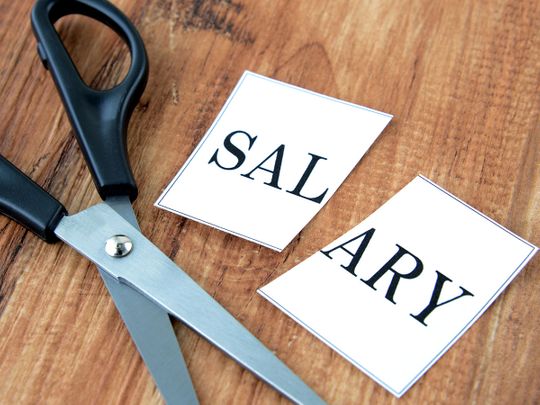
Question: A questioner asks: I am a company owner. I want to know, according to the Labour Law: what are the disciplinary sanctions that the employer is legally entitled to impose on the worker? If a deduction penalty is imposed, what is the percentage? When does an employer have the right to suspend a worker from work? Please advise.
Answer: To answer such question, I would advise the questioner that:
1) The penalties that the employer is legally entitled to take against employees as per Article 39 of the Federal Decree Labor law no. 33 of 2021 are (a. Written notice; b. Written warning; c. Deduction of not more than (5) five days per month from the wage; d. Suspension from work for a period not exceeding (14) fourteen days and non-payment of wage for the suspension days; e. Deprivation from the periodic bonus for a period not exceeding one year, regarding the establishments that adopt the periodic bonus system and the worker is entitled to obtain it according to the provisions of the employment contract or the establishment’s regulations; f. Deprivation of promotion at the establishments having a promotion system for a period not exceeding two years; g. Termination of service while preserving the worker’s right of end of service benefits.)
2) The deduction amount as per the article above, may not exceed 5 days per month from the employee’s wage.
3) As per article 40 of the labor law, the employer may suspend the worker temporarily from work in the following cases:
a. for a period not exceeding (30) thirty days, in order to conduct a disciplinary investigation with him if the investigation interest so requires, along with suspending half the wage during the suspension period. If the investigation concluded keeping the case, non-violation or punishment of the worker by warning, the worker shall be paid the wage that was suspended during the suspension period.
b. when he is accused of committing a crime of assault on oneself, money, or crimes related to breach of honor or trust, until a final judgment is issued by the competent judicial authority. His wage shall be suspended for the suspension period. If a judgment is issued for not putting the worker into trial, he was acquitted for absence of felony or the investigation concluded keeping the case due to lack of evidence, he shall be returned to work, along with paying his full suspended wage.








